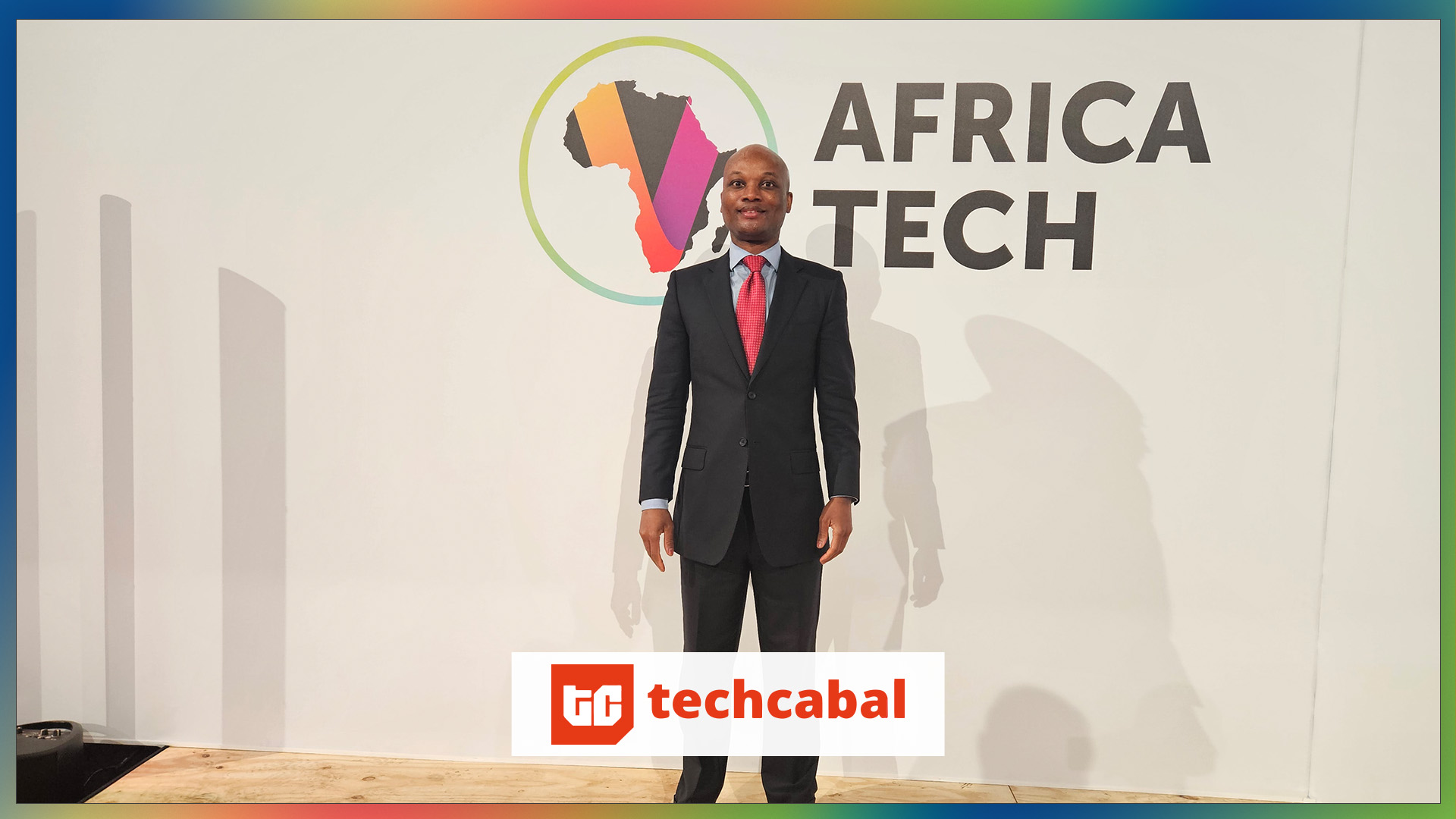Noel K. Tshiani, founder of Congo Business Network, shares his vision for tech startups in the Democratic Republic of Congo, based on his conviction that the country has the potential to emerge as a major tech hub in Central Africa. He is optimistic about the future of the DRC’s startup and tech ecosystem, believing that with improved policies and increased investments, Kinshasa can become a major player in the global tech scene.
When we think of the world’s most prominent tech startup ecosystems, places like Silicon Valley, New York, Paris, Lagos, or Nairobi might come to mind. But what about the Democratic Republic of Congo in Central Africa? Despite some challenges, this country, with a vast reservoir of natural resources estimated at $24 trillion and a population of 100 million, has significant potential to build a vibrant startup and tech ecosystem. I want to share my vision – a future that requires the public and private sectors to be ambitious, innovative, and persistent.
Startups are the engines of innovation, job creation and economic growth. They bring fresh ideas to market, disrupt established industries, and push the boundaries of what is possible. I came to the United States in 1996 and have since seen the American economy transformed by tech startups like Google, Amazon, LinkedIn, Twitter, and YouTube. In the DRC, we need this kind of dynamism now more than ever.
The DRC’s young population is one of its greatest strengths. Nearly 60% of Congolese are under the age of 25. With the right support and opportunities, these young people can be the creators of startups and tech solutions that will drive the country’s economy forward.
One key support mechanism that cannot be overlooked is the exposure and learning opportunities that come from attending international
Interestingly, a few countries in Africa have already passed startup laws, which are legal frameworks designed to support the growth and development of startups. These countries include Tunisia (2018), Senegal (2019), Nigeria (2022), Democratic Republic of Congo (2022), Côte d’Ivoire (2023), Ghana (2023), Kenya (2023), Rwanda (2023), Ethiopia (2023), and Uganda (2023).
This is particularly noteworthy because very few of these countries-Tunisia, Senegal, and the Democratic Republic of Congo-are in French-speaking Africa. The law aims to promote entrepreneurship, facilitate the creation and growth of startups, and create an enabling environment for innovation. The DRC could take inspiration from these African countries, learn from their successes, and tailor its policies to the unique context of startups within its borders.
Among French-speaking countries in Africa that have adopted similar legislation, the Democratic Republic of Congo, with a population of over 100 million, offers immense potential for international investors. The country boasts not only a dynamic and diversified domestic market but also creative, innovative and ambitious entrepreneurs. To compare, Tunisia has a population of 12 million, Senegal 18 million and Côte d’Ivoire 29 million. The DRC’s potential is therefore much greater for tech startups such as fintechs, and it can position itself as an essential destination for international investors, especially those from Canada, the United States, the United Kingdom, France and the Netherlands, where tech startup ecosystems are extremely dynamic.
And to unlock this potential, we must first address some of the structural challenges that hinder the growth of startups in the DRC. We need to improve access to reliable internet and electricity, strengthen the country’s education system with a focus on science, technology, engineering, and math, and develop a financial system that supports venture capital and other forms of startup funding.
The government plays a critical role in creating an enabling environment for startups. Clear, supportive laws and regulations can help foster innovation, while investments in infrastructure can help reduce the cost of doing business. The idea is to create an ecosystem in which entrepreneurs can thrive and be rewarded for their work.
In addition, fostering partnerships between the public sector, private companies, and international organizations can support the growth of Kinshasa’s tech ecosystem in the coming years. For example, tech hubs and co-working spaces can act as springboards where ideas and talent come together, creating an environment conducive to the growth and success of startups.
We also need to harness the power of the Congolese diaspora, particularly in Canada, the United States, France and Belgium. This diaspora is a huge reservoir of talent, experience and financial resources. Initiatives to connect diaspora professionals and entrepreneurs with their counterparts in the DRC could provide invaluable opportunities for mentorship, investment, and business partnerships.
We must not forget how important it is to include women, people living in rural areas, and marginalised communities in our efforts to build a thriving startup and tech ecosystem. Programs that ensure access to digital skills training, startup funding, and investment guarantees for these groups can help ensure that the benefits of the digital revolution are widely shared in the country.
I see a future where Congolese startups are not just players in the local market, but formidable competitors on the international stage. I see a future where the words “tech startup” evoke not only Silicon Valley, but also Kinshasa, Lubumbashi, Goma, Matadi, and Mbuji Mayi. I also see a future where Congolese startups are not just players in the local market, but formidable competitors on the international stage. I see a future where the words “tech startup” evoke not only Silicon Valley, but also Kinshasa, Lubumbashi, Goma, Matadi, and Mbuji Mayi.
My vision for the DRC’s startup and tech ecosystem is ambitious but achievable. By tapping into our collective strengths, addressing our challenges without ignoring them, and embracing a culture of innovation and entrepreneurship, we can see significant progress in the country by 2025. It will take concerted effort and collaboration, but the results—a more prosperous, inclusive and innovation-driven DRC—are well worth the effort. This vision can be realised if we continue to build on what we have achieved since the launch of Congo Business Network in October 2018. I am now more optimistic and confident than at any other time in history.





















